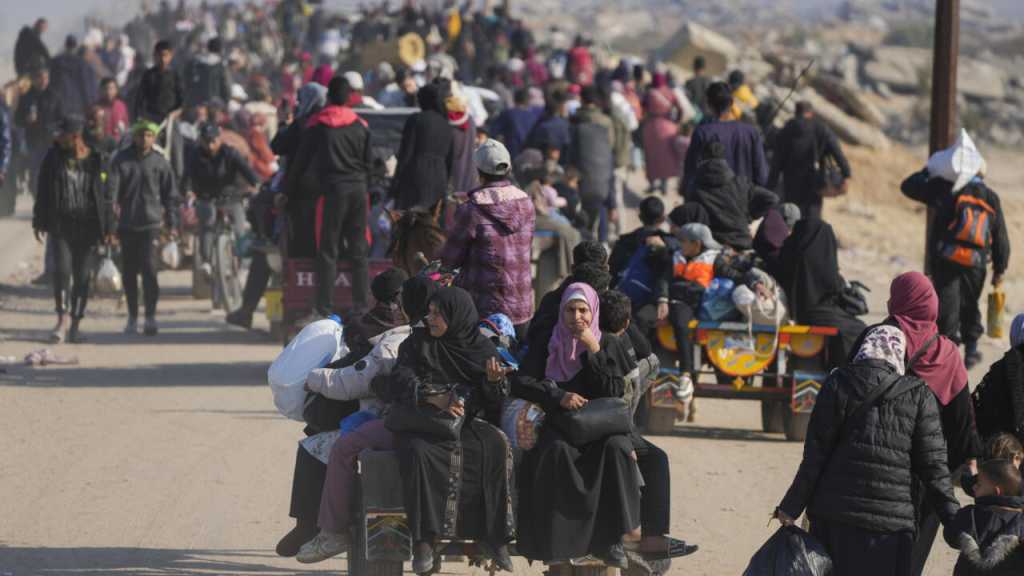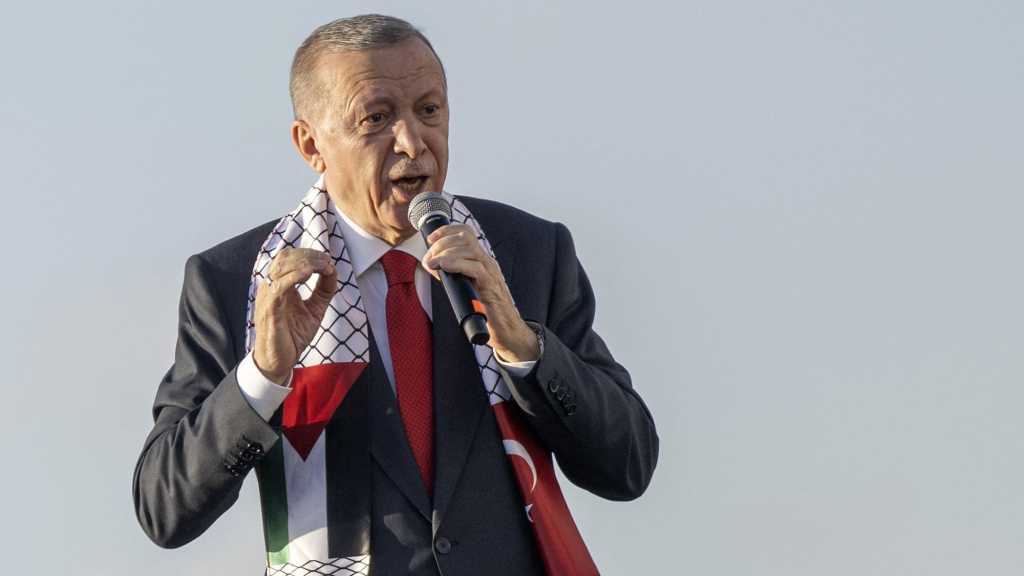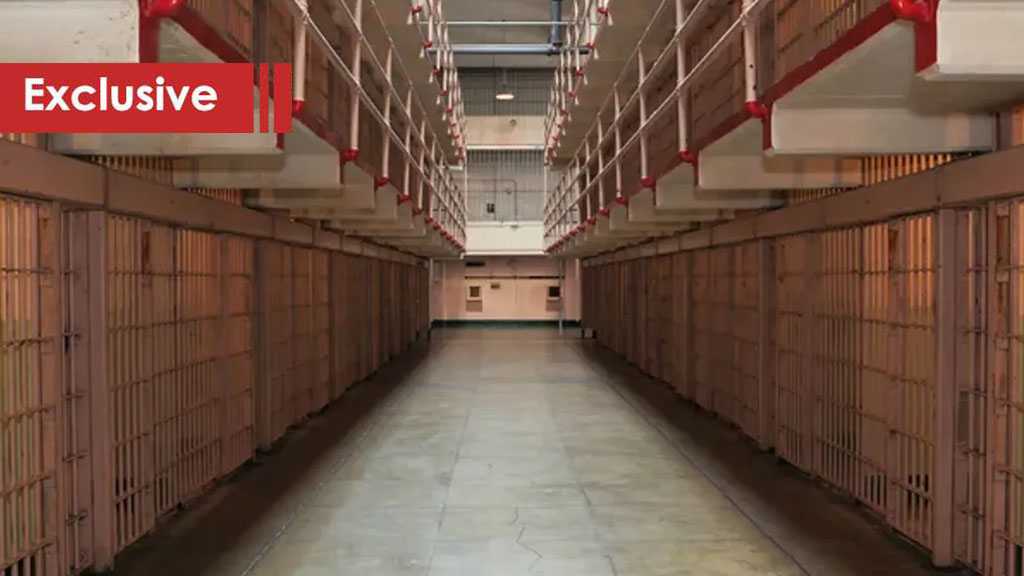Trump’s Proposal to Relocate Palestinians: A Political and Religious Strategy

By Mohamad Hammoud
During a recent press conference, Donald Trump proposed relocating Palestinians from Gaza to neighboring Arab countries. Describing Gaza as "a mess," Trump indicated that he had spoken with Jordan's King Abdullah and Egyptian President Abdel Fattah el-Sisi about taking in more Palestinians. He also suggested involving Arab nations in building housing for Palestinians elsewhere so they could "maybe live in peace for a change." On the surface, this appears to be an attempt to address the Israeli-Palestinian conflict. However, a closer examination reveals deeper political and religious motivations behind the proposal.
Appealing to Evangelicals and Pro-"Israel" Conservatives
One key driver of Trump’s proposal, as many observers suggest, is his appeal to a key segment of Trump's base: Christian conservatives, particularly Evangelicals. This group views the “modern state” of "Israel" as the fulfillment of biblical prophecy and supports its divine right to exist within its biblical borders. For many, any action that strengthens "Israel’s" position or weakens its perceived enemies aligns with their theological beliefs. Moving Palestinians out of Gaza could be seen as a way to secure the land for the Jewish people, fitting their understanding of end-times prophecy. This religious conviction is mirrored in the pro-"Israel" stance of many figures in Trump’s administration, who either share these beliefs or see their political utility.
Pro-"Israel" Advocates in Trump’s Administration
Trump’s administration was populated with key figures known for their strong support of "Israel." Mike Huckabee, US Ambassador to "Israel," staunchly supported "Israel’s" policies, including settlements in the West Bank. Secretary of State Marco Rubio endorsed "Israel’s" military actions against Hamas, aligning with Trump’s "peace through strength" doctrine. Stephen Miller, White House homeland security advisor, and Pam Bondi, Attorney General nominee, were both vocal in their support for "Israel." UN ambassador nominee Elise Stefanik advocated for "Israel’s" interests on the international stage, while Steve Witkoff, Trump’s special envoy to "Israel," maintained close ties with its leadership. Together, these individuals shaped policies that solidified America’s pro-"Israel" stance.
Challenges with Arab Cooperation
Trump’s plan to involve Egypt and Jordan in relocating Palestinians faces significant obstacles. Both countries have shown no willingness to accept large numbers of refugees from Gaza, citing strained resources and internal political concerns. To gain their cooperation, Trump would likely rely on a combination of economic incentives and political pressure, a carrot-and-stick approach he has used in past international dealings. However, such a plan risks destabilizing these nations and faces global scrutiny, as forcibly removing Palestinians from their homes would provoke international outrage.
Re-Engineering the Region’s Demographics
The underlying reality is that "Israel" has long struggled to remove Palestinians from land they believe is rightfully theirs. A forced expulsion would be condemned globally, so Trump’s proposal offers a seemingly "peaceful" alternative. However, it is not a genuine solution but rather an attempt to re-engineer the region’s demographics to fit a political and religious agenda. This raises important questions about whether the proposal prioritizes justice or simply serves the interests of specific political and religious groups.
Trump’s Motivations: Political Gain Over Principle
Trump’s relationship with the Jewish people and "Israel" appears to be more strategic than personal. While his policies often benefit "Israel," they primarily serve to strengthen his political base, particularly among Christian conservatives. By aligning with their pro-"Israel" beliefs and working with Jewish conservatives who share similar views, Trump secures critical political support. His actions suggest that his primary focus is political advantage, with religion and ideology as tools to achieve it.
Conclusion: A Complex and Controversial Proposal
Trump’s proposal to relocate Palestinians is not merely a random suggestion; it is deeply rooted in the interplay of US political and religious dynamics. It caters to specific beliefs, seeks to reshape reality to align with those beliefs, and raises profound questions about motive, responsibility, and the future of the region. This plan illustrates how religion, politics, and personal ambition can become entangled, with far-reaching consequences for millions of lives. Ultimately, it highlights the complexities and challenges of addressing the “Israeli”-Palestinian conflict in a way that balances justice, practicality, and long-term stability.



